Drinking alcohol can make you drunk, and drinking tea can also make you drunk. Tea drunkenness often occurs when drinking too much strong tea on an empty stomach. When experiencing tea drunkenness, you may feel dizzy, weak all over, and have an upset stomach that cannot be relieved by vomiting. In severe cases, you may even drool uncontrollably, which is quite unsightly.
One.Let's first take a look at what situations can cause tea drunkenness.
- People who rarely drink tea in their daily life may get tea drunkenness from drinking a little too much.
- People who usually drink highly fermented teas such as black tea, Taiwanese oolong tea, aged tea, etc., may experience tea drunkenness when suddenly switching to low-fermentation or non-fermented green tea or raw tea, as these teas contain higher levels of caffeine and can cause tea drunkenness if consumed in excess.
- Drinking too much tea on an empty stomach can also cause tea drunkenness.
- Let's now take a look at the symptoms of tea drunkenness.
- Dizziness. Similar to alcohol intoxication, you may feel dizzy and light-headed. People with weaker constitutions may also experience temporary confusion.
- Palpitations. Palpitations are a subjective discomfort with the heart rhythm. Once the heart rhythm is disrupted, we may feel uncomfortable, which is commonly referred to as "palpitations". If palpitations occur due to tea drunkenness, it can be quite scary, especially for people with heart disease, as it is said to cause complications.
- Fatigue. Fatigue refers to a lack of strength and energy, making it difficult to stay alert. This can be troublesome, as constant fatigue can make it difficult to carry out daily tasks.
- Why does tea drunkenness occur?
Tea drunkenness is actually caused by the effects of caffeine. Caffeine is a central nervous system stimulant, and excessive consumption of strong tea can lead to tea drunkenness.
Symptoms of tea drunkenness include accelerated blood circulation, rapid breathing, and a series of adverse reactions. This can disrupt the balance of electrolytes in the body, leading to abnormal enzyme activity and metabolic disorders.
What should you do if you experience tea drunkenness?
To relieve tea drunkenness, it is actually quite simple. Eat something, especially sweet foods, for better effect. For example, drinking a bowl of soup or eating a piece of chocolate can help alleviate the symptoms of tea drunkenness after a while.
Of course, you can also choose to have some tea snacks while drinking tea, which can prevent tea drunkenness from occurring as easily.
- How can we prevent tea drunkenness from occurring?
- When drinking tea, the tea should not be too strong.
If the tea is too strong, it will contain too much caffeine, theobromine, and other substances, which can cause symptoms such as dizziness, excitement, and headache when absorbed by the body, leading to tea drunkenness.
Do not drink too much tea.
Tea contains various vitamins and amino acids, which have certain effects on clearing oil, enhancing nerve excitement, and promoting digestion and diuresis. However, drinking more tea does not necessarily mean better. If you drink too much tea, the tea water will accumulate in the intestine, hindering diaphragm movement and affecting normal absorption. In addition, a large amount of water entering the body can quickly increase its volume, which will increase the burden on the heart and cause abnormalities in cardiac and pulmonary functions, especially for elderly or weak individuals with poor heart function. Generally speaking, drinking tea 1-2 times a day is more appropriate.
- Do not drink tea on an empty stomach.
When the stomach is empty, there is a lot of gastric acid in it. Drinking tea can dilute the gastric juice and reduce digestive function. Before drinking tea, eat something first to make it more comfortable and safe. If the tea is strong, such as raw Pu-erh tea or new tea, it is even more important to avoid drinking it on an empty stomach or drinking it too quickly.
- Drink tea with lower caffeine content.
If you feel that you are prone to tea drunkenness but cannot resist the temptation of tea, you can opt for highly fermented teas instead of raw or green tea, which are relatively safer.
- Drinking tea is not suitable for everyone.
As we mentioned before, people with neurasthenia, insomnia, hyperthyroidism, tuberculosis, heart disease, liver disease, stomach disease, and intestinal ulcers are not suitable for drinking tea. Pregnant and lactating women, as well as infants and young children, should also avoid drinking tea. Additionally, individuals with fever should also be cautious about drinking tea. If you really enjoy drinking tea, it is recommended to drink some light or fermented tea.
Drinking tea is definitely beneficial to the body, as scientifically proven. However, it is important to pay attention to the method of drinking tea. By learning to drink tea scientifically and healthily, tea can become a healthy tool and companion in life.


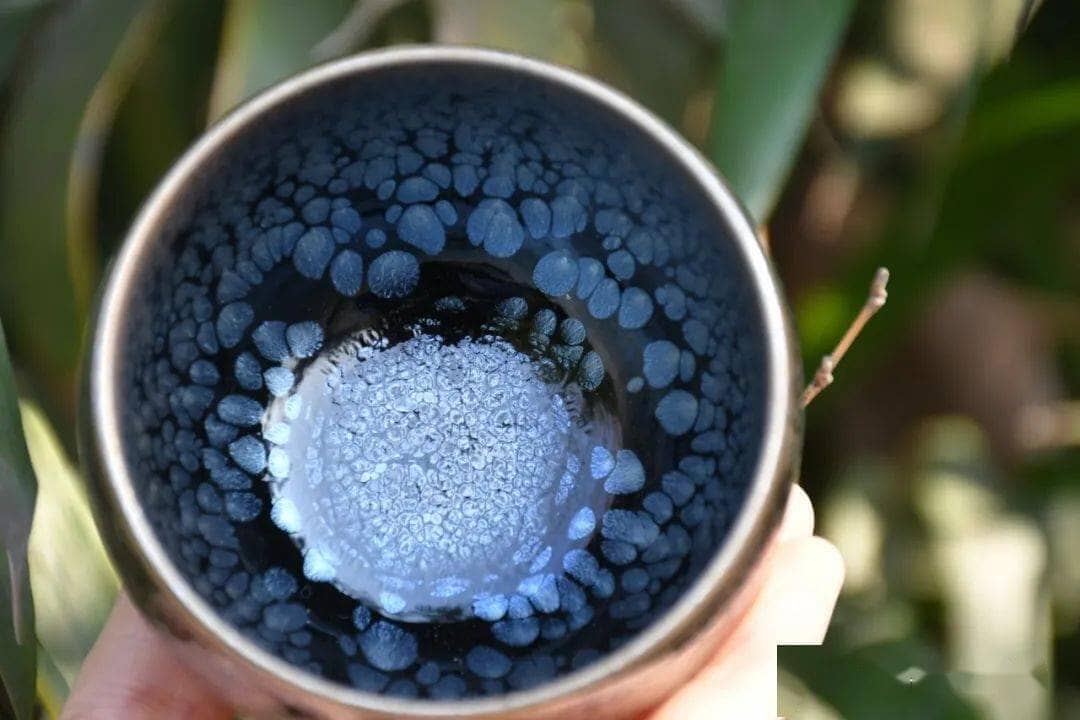
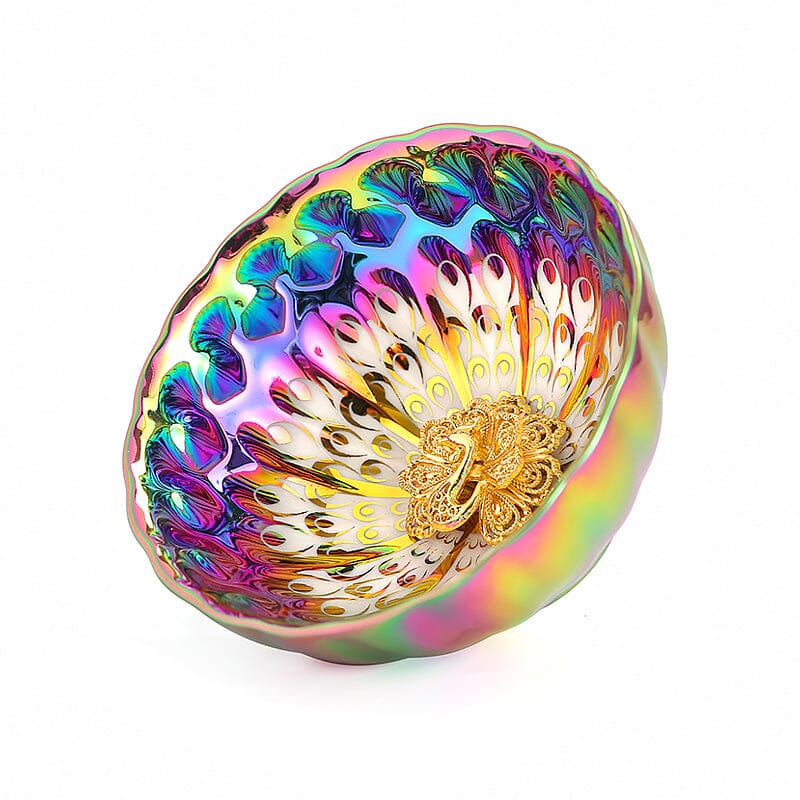

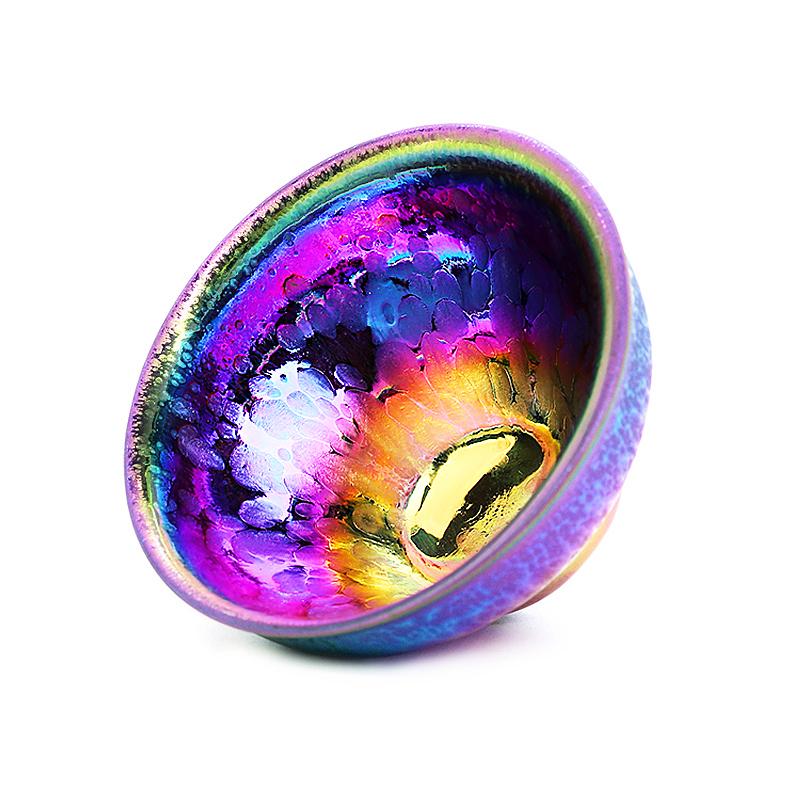
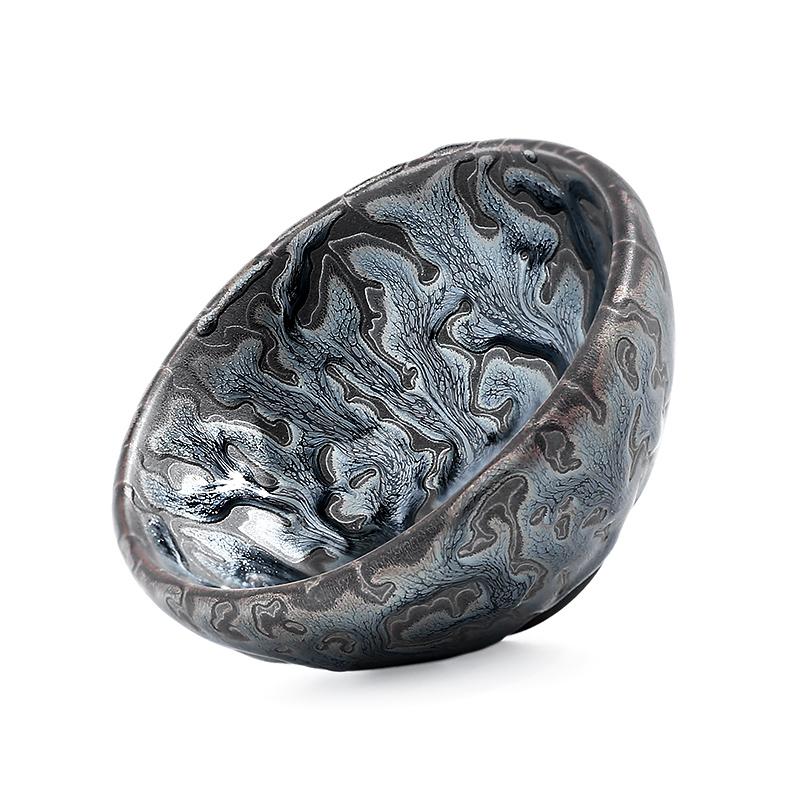
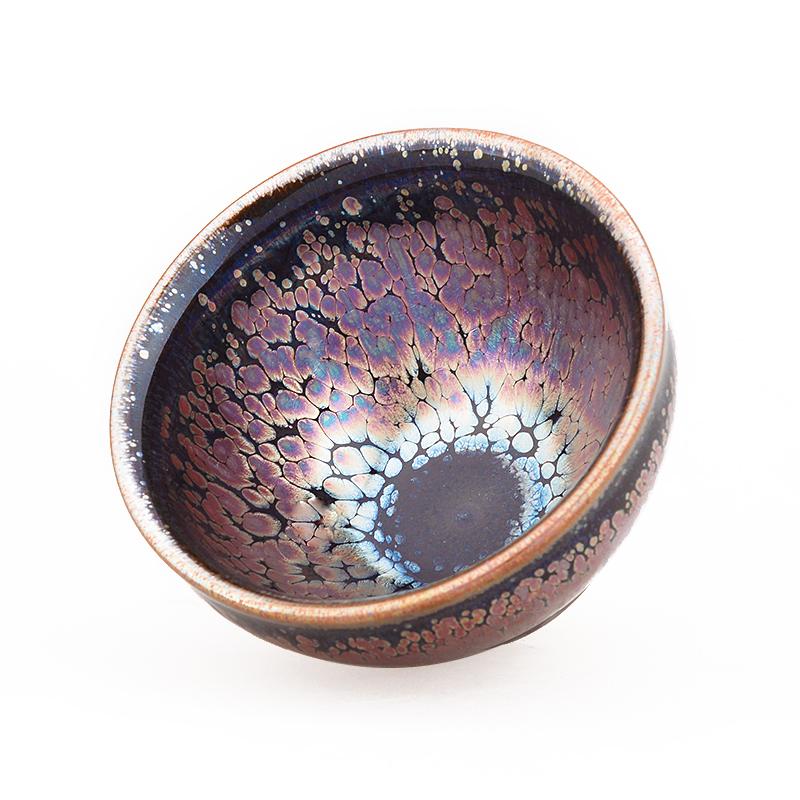

Share:
How should Tenmoku teacups that are not currently in use be stored?
Experiencing these three stages is what makes one an expert